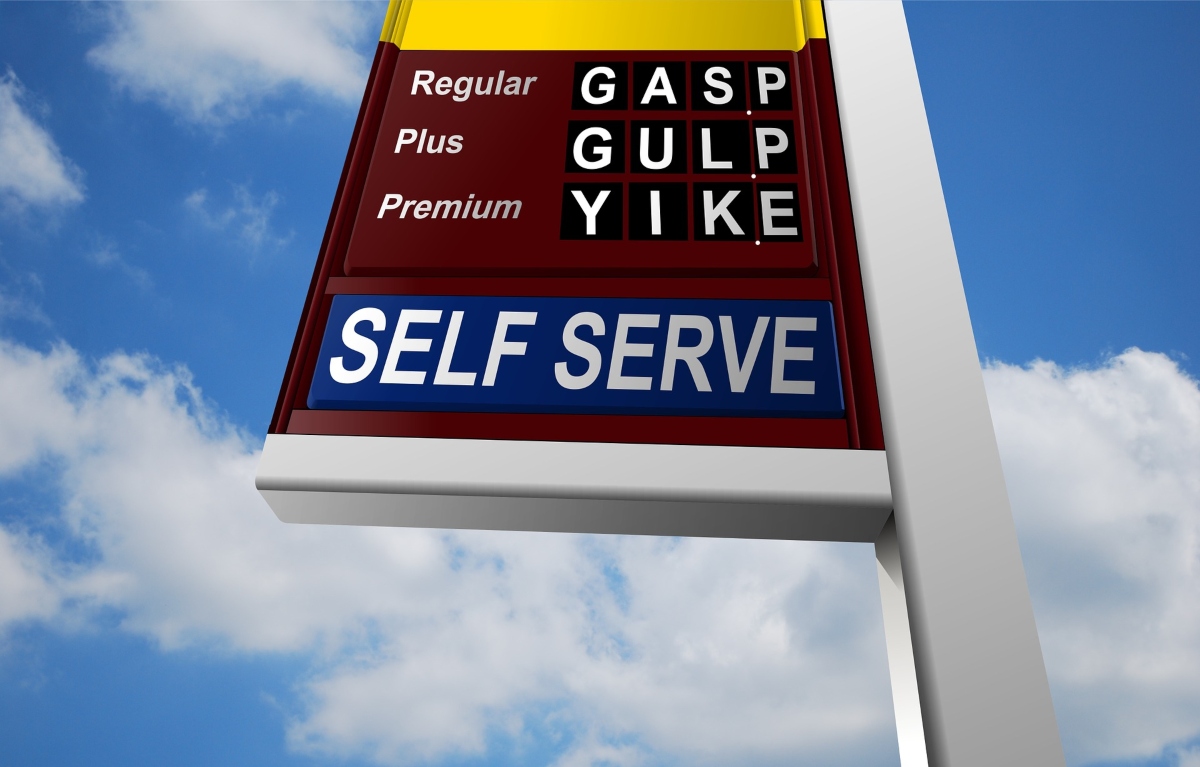
Motorists in the United States are now grappling with sky-high gasoline prices that are reaching records daily.
In some locations, a gallon of regular fuel is higher than the federal minimum wage of $7.25. For example, the Chevron station on Alameda St. is now charging $7.83 a gallon.
California drivers are now paying more for gas compared to others in any other state. The reason for this is partly due to higher taxes to pay for infrastructure and other costs, but economist Severin Borenstein of the University of California, Berkeley, said there is also a "mystery gasoline surcharge" or a price gap that can't entirely be explained by fees or other factors.
Los Angeles is only the second metro after San Francisco to have the average cost for a gallon of gasoline to surpass $6. Patrick De Haan, the head of petroleum analysis for GasBuddy, noted that more cities in California will likely join them in the future, although he does not see other cities at high risk of hitting $6 yet. (Related: Gas prices in San Francisco Bay Area reach $5 per gallon amid shutdown of oil refineries.)
Gas prices also remain at record highs as Americans head into the Memorial Day weekend, which serves as the unofficial kickoff to summer. Millions of people hit the road for vacations or to visit family and friends.
Despite the soaring fuel prices, most drivers are still filling up at the pumps, with AAA forecasting over 39 million traveling more than 50 miles from their homes for the holiday weekend – a jump of about eight percent from the previous year when gas prices were about $3 on average.
The soaring fuel prices came as a direct result of the Biden administration announcing its ban on Russian oil in March. Democratic Senator Chris Coons said it is "the cost of standing up for freedom."
However, the Democrats are not the only ones to blame. Even the GOP has been pushing for these sanctions, with Republican Senators Marco Rubio (FL), Kevin Cramer (ND), Thom Tillis (NC), Rick Scott (FL) and others putting forward a bill that bans imports from Iran and Venezuela.
Economic sanctions on Russia led to higher prices, financial hardships
Fox News found in March that 80 percent of Americans favored the economic sanctions against Russia, but the number fell to 44 percent when it was explained that it could lead to higher prices and financial hardships for Americans.
A gallon of organic milk now costs $10, while chicken prices have doubled and are now being sold in restaurants at market price.
Americans are now getting more and more pessimistic about the economy, considering that the U.S. is now facing its highest inflation in 40 years while the stock market plunged due to concerns of a recession. (Related: "Bidenflation" triggers stunning downfall of consumer sentiment to 10-year low.)
While motorists still continue to fill up at the pump, they are compensating by cutting back on spending in other areas, such as dining out.
Analysts are not counting on gas prices receding anytime soon. The national average could jump from its current price of $4.60 per gallon to $6.20 by August, according to JPMorgan.
This rise is due to the "expectations of strong driving demand" throughout the summer driving season, which starts on Memorial Day weekend and could last until Labor Day.
Analysts said that refiners typically produce more gasoline ahead of the summer road trip season to build their inventories. However, these inventories have fallen counter-seasonally since mid-April, and are now sitting at the lowest seasonal levels since 2019. Gasoline balances are even worse on the East Coast, which are at their lowest levels since 2011.
Gasoline is not the only one seeing a significant price increase: Crude oil prices also jumped from a year earlier, and the world demand for fossil fuels continues despite the lagging supply. Producers in the U.S. are also reporting that they are having a hard time getting workers back in the oil fields as there had been supply chain problems with parts and equipment.
Visit FuelSupply.news for more news on gas price increases.
Watch the video below to get more insight into the Biden administration's gas crisis.
This video is from the InfoWars channel on Brighteon.com.
More related stories:
Sources include:
Please contact us for more information.




















